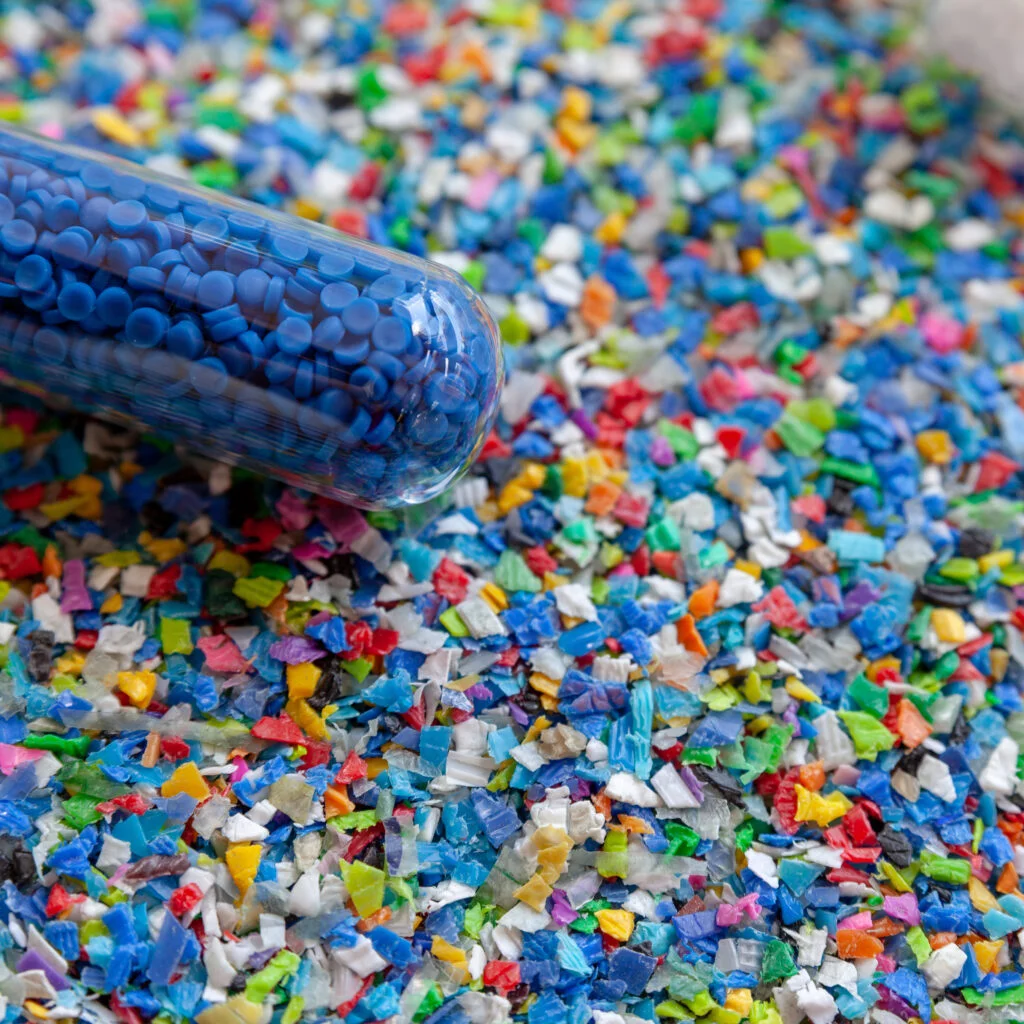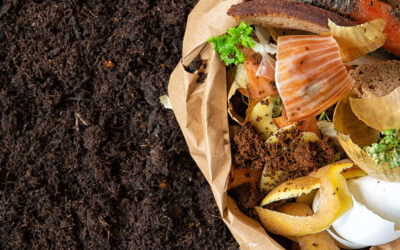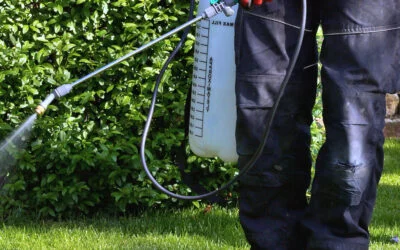
An introduction to the facts and impacts that microplastics have on our processes.
What are microplastics?
Microplastics are small, plastic pieces or fragments that can be harmful to our oceans, aquatic life, and soils. Microplastics are less than five millimeters long but have been found all over our world—in oceans, Arctic snow and ice, drinking water, and even drifting in the atmosphere.
It is imperative that we do all we can to limit and minimize the presence of microplastics in our waste streams, soils, and water. This can be challenging however, especially given the number of products on today’s market that are sold under names such as “biodegradable”, “eco-friendly”, and many other terms designed to make consumers think they are “green” alternatives. While these terms may seem beneficial, if they are not backed with a scientific standard or measurement, they may not mean very much at all, and products sold under such labeling could exacerbate the microplastics issue.
If products like this make it to a compost site, they can possibly contribute to the issues of plastic pollution by not fully breaking down. SET has been monitoring the effects of these plastics and has voluntarily undertaken the Biodegradable Products Institute’s (BPI) certified compostable standard for products entering our sites to compost. BPI undergoes strict testing for compostable products to make sure there are no added chemicals or plastics that will be left behind in the composting process.
At SET, our goals are to create a beneficial product for the environment. We will continue to monitor things like micro-plastics and PFAS (Per and polyfluoroalkyl substances, a forever chemical that never breaks down and is ubiquitous in the environment as well) so that we can continue to divert recovered resources back into the environment to help our soils.
What do PFAS have to do with organics recovery?
PFAS are commonly used in many of the consumer products that we rely on today; however, the benefits of these compounds may not outweigh the risks they pose to human and environmental health. SET is monitoring how they move in the environment through transpiration, atmospheric deposition, with the waste stream, bio-solids, and possibly in the foods we eat. As responsible organics recycling and solid waste processors, our commitment is to maintaining and improving the short and long-term health of our communities and the environment. Tackling the issue of PFAS will take coordination of multiple industries, agencies, and stakeholders until they are banned from products that could have a direct link to human health. We are committed to finding scientifically based ways to monitor anything that could have the potential to impact to our systems and will continue to do our part by leading the way with industry best safety and quality practices.
SET has professional PFAs knowledge:


